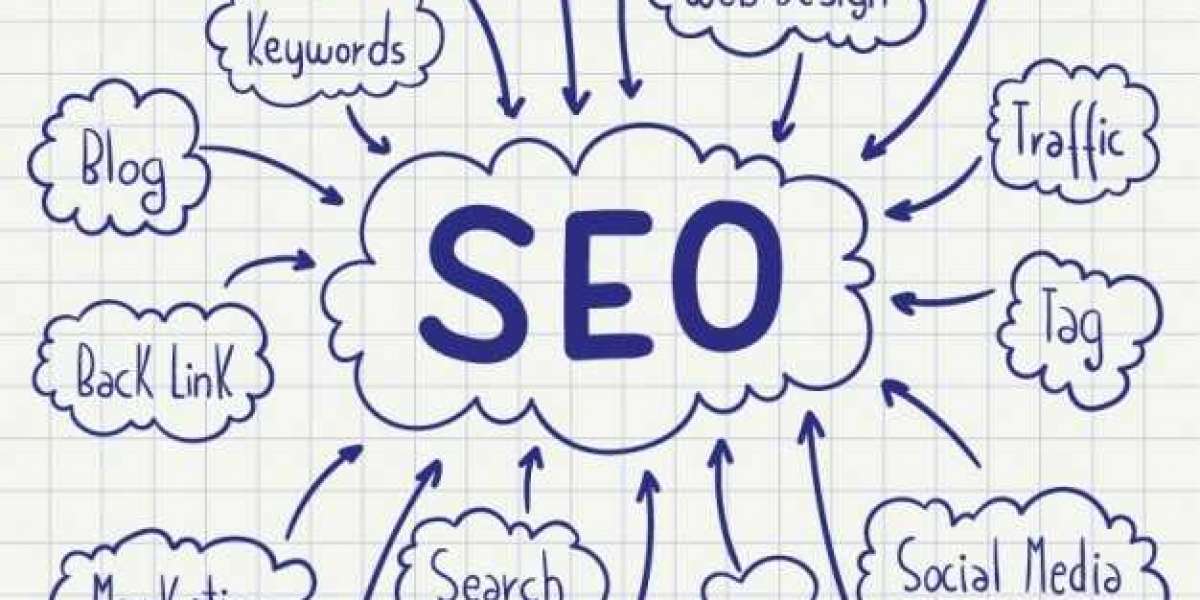Six in ten ad industry professionals said that preparing for the cookieless future was either their top (8%) or among their top priorities (52%), with 18% planning to deal with the issue in 2022 and only 4% waiting until Google deprecates third-party cookies in 2023, per a 2022 North America Quantcast State-of-the-Industry Report that surveyed more than 600 advertising and publishing professionals. Still, there is not a consensus view on which tactics will be best when crafting cookieless solutions. While more than half (57%) of respondents think first-party data will be “foundational” and 38% say contextual approach will comprise the best solution, more than a third (36%) think the solution will be a combination of first-party data, contextual, industry IDs and cohorts. Such a combination of techniques is almost a certainty, with the real work in figuring out the right formula, according to Quantcast CEO Konrad Feldman.
"How do you combine those techniques? The mechanisms used to combine them are going to have to have flexibility, because the prevalence, availability, sophistication and failure cases of these different types of approaches will be different," he said. "There needs to be flexibility… because they're going to change, their efficacy is going to change and they'll have different characteristics over time."
One part of the combination is likely to be the proposals that emerge from Google's Privacy Sandbox. The company's latest proposal is Topics, which utilizes a user's browser to determine a handful of topics that correspond to the user’s top interests, rather than putting anonymized users in cohorts based on interests, as the short-lived Federated Learning of Cohorts proposal did. But like the proposals before it, the inner workings of Topics — which is now in the Origin Trials phase of testing — is often too technical, even for ad industry figures. Beyond that, testing is mainly handled by ad-tech companies, not publishers or marketers themselves, creating information gaps, IAB's Eng explained.




Alphonsus Odumu 5 w
Advertisers